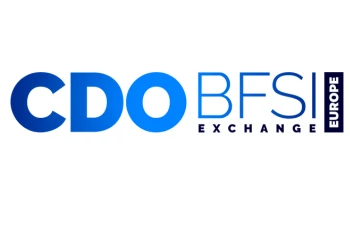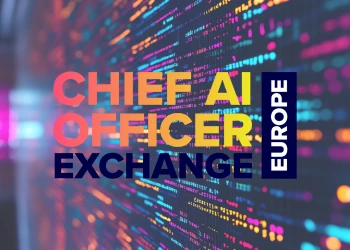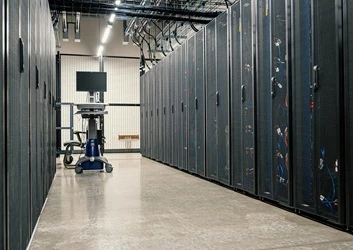AI at HSBC Part II: Leveraging AI to Transform the Customer Experience
AI in Action at HSBC Part 2
Add bookmark
While last week we talked about how HSBC is leveraging data and analytics to bolster its anti-money laundering practices as well as cultivate a more ethical culture, today we’re going to look at how the 2nd largest bank in Europe is embracing these same technologies to transform the customer experience.
From the emergence of quants to AI-powered virtual banking assistants, few industries are capitalizing on advanced data science techniques like BFSI. Not only are these tools transforming how customers interact with financial institutions, they’re also helping humans - whether they be professional bankers or regular folks - make better, more informed financial decisions.
Since 2018, HSBC has significantly ramped up its digital transformation efforts. In fact, the company even recently revealed it has ramped up IT spending by 18% to $3 billion since 2018. Though not all of that money has gone to AI and data analytics projects, they have seen some major recent successes in this area.
AI-Powered Investing
Between long days, high stakes decision making and information overload, burnout amongst investment bankers is on the rise. Though AI is nowhere near as good at directing investment strategies as humans, especially in times of crisis, it can help significantly reduce the administrative and information synthesis burden many analysts currently face.
For example, in partnership with IBM Watson and EquaBot, HSBC’s developed AiPEX, “a risk controlled, excess return index comprised of approximately 250 U.S. publicly traded companies, adjusted monthly, that is intended to provide growth through a variety of market conditions.” In other words, it researches publicly available data, such as company announcements and tweets, much like a human would, just must faster and 24/7.
In addition, earlier this year HSBC launched an extension of the AiPex product - the AiMAX, an AI-powered multi-asset index. This new index suite combines the AI and discovery built into IBM Watson with AI modeling software developed by EquBot to analyze a wide range of data sets to make investment decisions. These data sets include satellite images of farm crops, shipping containers in the ocean and foot traffic patterns at shopping malls, alongside more traditional data sources like economic reports, news feeds and social media posts, etc.
"This is a new approach to multi-asset investing that combines cutting edge AI techniques and a time-tested diversification strategy to balance risk and return,” said David Odenath, Head of Quantitative Investment Solutions, Americas at HSBC Global Banking and Markets explained in a recent press release. “By using AI and big data to improve the accuracy of our capital markets assumptions, we are able to deliver a next generation asset allocation strategy to our clients."
PayMe App
HSBC launched its mobile payment application, PayMe, in 2017 and, since then, it has amassed millions of users, especially in the APAC region. However, a couple of things hindered its success.
To start, inadequate legacy systems and manual data request processes resulted in slow data pipelines. As it could take weeks for data scientists to obtain data, advanced and predictive analytics were off the table. In addition, data teams were quite siloed and collaboration was extremely restricted. This limited their ability to explore raw data and train models at scale.
However, with the help of Azure Databricks they are able to unify data analytics across data engineering, data science, and analysts. Through the use of NLP and machine learning, HSBC can now rapidly transform vast amounts of unstructured data into key strategic insights that, according to a Databricks blog post, deliver:
- Improved operational efficiency: features such as auto-scaling clusters and support for Delta Lake has improved operations from data ingest to managing the entire machine learning lifecycle.
- Real time data masking with delta lake: With Databricks and Delta Lake, HSBC was able to securely provide anonymized production data in real-time to data science and data analyst teams.
- Performant and scalable data pipelines with Delta Lake: This has enabled them to perform real-time data processing for downstream analytics and machine learning.
- Collaboration across data science and engineering: Enables faster data discovery, iterative feature engineering, and rapid model development and training.

































